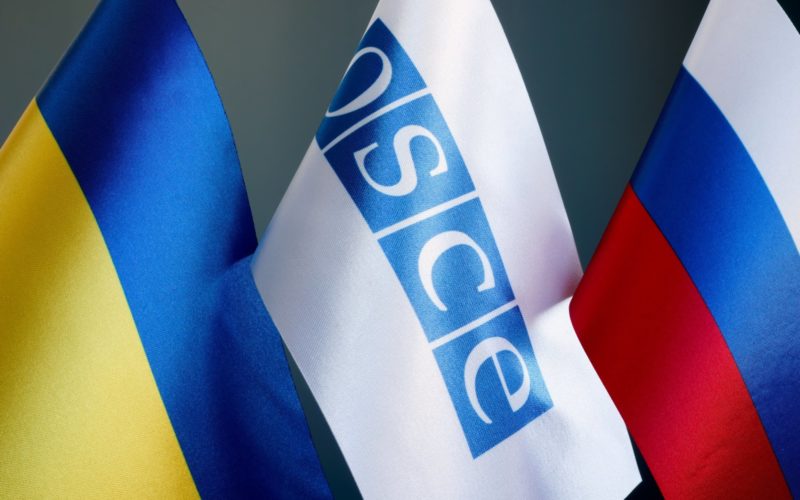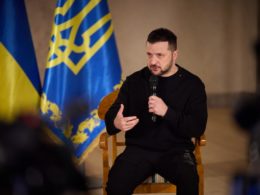The Organization for Security and Co-operation in Europe (OSCE) has activated the Moscow Mechanism in response to the arbitrary detention of Ukrainian civilians by the Russian army and occupation administration in occupied territories. Ukrainian Foreign Minister Dmytro Kuleba reported on X.
The Moscow Mechanism, approved in 1991 in Moscow, allows OSCE participating states to request the formation of a special mission of independent experts to investigate specific human rights issues. Over these years, it has been activated 13 times. The mechanism's latest activation aims to investigate the arbitrary deprivation of liberty of Ukrainian civilians by the Russian Federation.
“In the course of this war, Russia has taken thousands of Ukrainian civilians hostage in the temporarily occupied territories. They are the most vulnerable and internationally overlooked group,” Kuleba wrote.
Kuleba highlighted that this marks the first time an international mechanism has been employed to address the issue of detained Ukrainian civilians. He emphasized the vulnerability of these individuals, urging international organizations, NGOs, and the media to address the problem.
“This is the first existing international mechanism invoked on the matter. Earlier, I urged OSCE, the UN, and other international organizations to use all tools and establish new ones, if needed, to address the problem of Ukrainian civilian hostages and facilitate their release,” the Minister said.
Kuleba also expressed gratitude for the partners' support in securing their release and holding perpetrators accountable.
“We will continue to make every effort to free them all, and I am grateful to our partners for their strong support in this regard. Every single Russian crime must be investigated and the perpetrators held accountable,” he added.
The launch of the Moscow Mechanism, marking its fourth activation since the onset of Russia's full-scale invasion of Ukraine, represents a crucial step in documenting and addressing human rights abuses. The first two activations addressed general issues of international humanitarian and human rights law violations. The third focused on the forced transfer and deportation of Ukrainian children to the Russian Federation.
In the spring of 2023, 45 OSCE member states initiated the use of the Moscow Mechanism to investigate the deportation of children from the Russian-occupied territories of Ukraine.
According to the OSCE report, the OSCE Mission established that a large number of Ukrainian children have been displaced from the territory of Ukraine to the temporarily occupied territories and the territory of Russia since 24 February 2022 and even before this date.
“While the exact numbers remain uncertain, the fact of a large-scale displacement of Ukrainian children is not disputed by either Ukraine or Russia,” the report stated.
In June 2023, the OSCE adopted a declaration that recognized Russia as a state sponsor of terrorism and designated the Wagner Group private military company as a terrorist organization.
In February 2024, Vyacheslav Volodin, Russian State Duma Speaker, announced that Russia will suspend its membership in the Parliamentary Assembly of the Organization for Security and Cooperation in Europe (OSCE PA), describing the OSCE PA as “an absolutely dependent, politicized organization dancing to Washington’s tune.”
Read also:
- Bloomberg: Biden calls for G7 action to tap Russian frozen assets for Ukraine
- Denmark allocates $1.45 mn for Ukraine’s reconstruction, boosts municipal collaboration
- Ukraine returns 11 children from Russia, occupied territories, amid Qatar mediation





